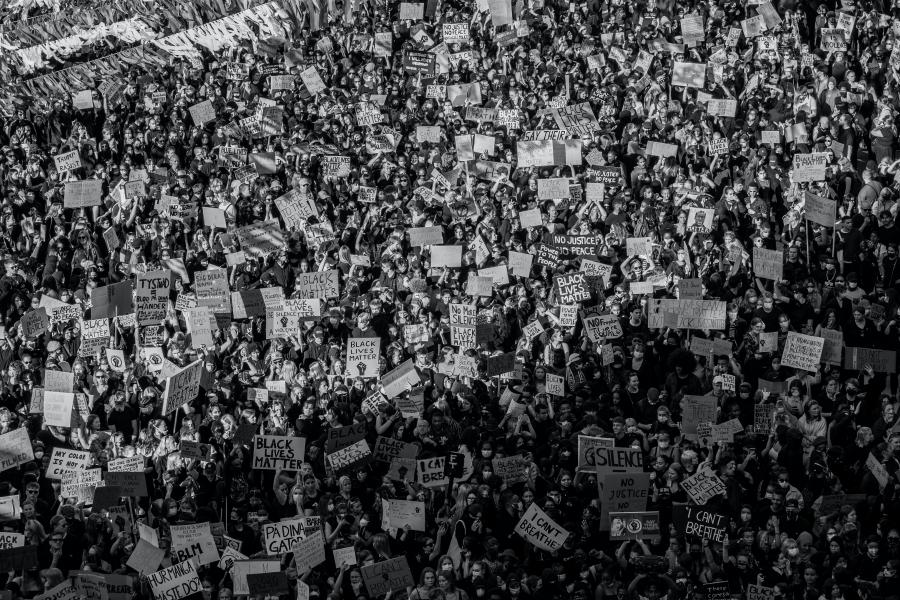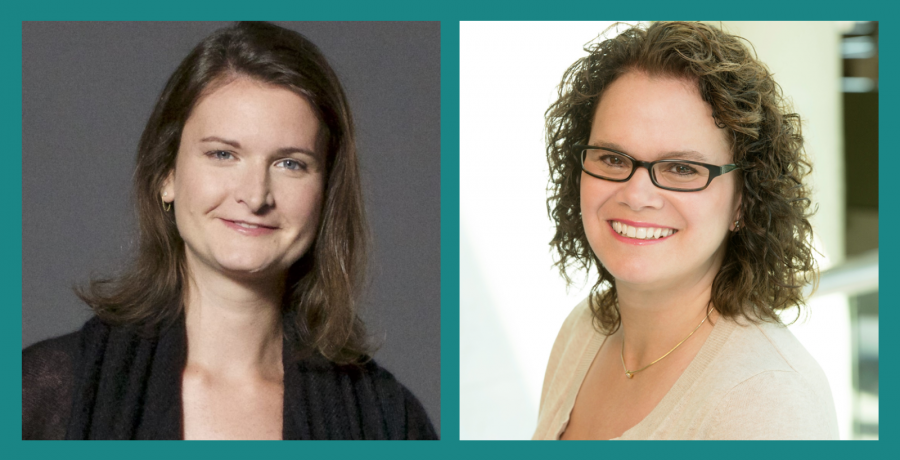By Marianne Harrison and Danielle Holly

Recent events have brought widespread attention to racial injustice and helped unite communities against this common ill.
We’ve heard public, private, nonprofit and grassroots leaders, almost as one chorus, speak out. They’ve raised their voices as it’s become painfully clear that equality remains out of reach for too many Americans and building healthy, more equitable communities depends on challenging the status quo.
But we’ve seen before how galvanizing movements can fade quickly from public consciousness. Albeit against the backdrop of an ongoing and devastating pandemic, it begs asking, what comes next? How do organizations and leaders maintain forward momentum?
According to a recent Edelman survey, 61 percent of respondents said they expect companies to adopt clear policies against racism, while only 44 percent said that companies have taken any meaningful action to curb systemic racism.
These findings illustrate a trust gap that exists between the public’s expectations and their optimism that businesses will do the right thing. We believe this moment presents an opportunity to defy expectations and meaningfully advance racial justice.
It’s one of the reasons why John Hancock and Common Impact partnered recently with racial justice and BIPOC-led nonprofits across the country for Skills for Cities, a day of skills-based volunteerism in which companies offered solutions for nonprofits to build their capacity and sustain and scale their work. The event revealed helpful insights for companies looking to make an impact, such as the need to let BIPOC voices and nonprofits lead when it comes to understanding the best way to support communities and the incredible value in bringing corporate employees proximate to the issues they’re eager to support.
It was also a reminder of the power of bringing together people whose paths wouldn’t naturally cross. One corporate employee, brought to tears by the power of the work of Dorchester-based My Brother’s Keeper 617, said, “I do a lot of volunteering and I’m always looking for ways to try to educate myself about racism and social justice so that I can be a better grandmother and make the world a better place, and this gave me a great opportunity to feel like I did that.”
Another, working with a Chicago-area nonprofit called New Moms, said, “Honestly, being a 56-year-old white woman and coming from privilege, I didn’t consider that nonprofits would be affected by systemic racism. Going forward I am going to do more research to make sure that I am associated with a nonprofit that is working to help dismantle systemic racism.”
Those moments happened repeatedly for the 100 skilled volunteers and 14 nonprofit leaders who participated and are leading programs to address racial inequity. Mid-event, volunteers took a pause from their service to hear long-time business and civic leaders speak of the moral imperative for companies to take action, build anti-racist cultures and hold leadership accountable. Two of the key strategies they discussed were holding regular BIPOC-led implicit bias trainings and incorporating DEI into executive compensation.
At John Hancock, taking action has meant developing future business and civic leaders by supporting summer employment, financial literacy and leadership development for over 600 Boston youth annually at nearly 60 local non-profit organizations through our MLK Scholars program. It has meant being an active member of CEO Action for Diversity & Inclusion, including its Governing Committee overseeing the public policy fellowship to advance racial equity. It has also meant collaborating with organizations like YW Boston to bring diversity, equity and inclusion trainings and conversations to our employees. As our journey progresses, we will continue to encourage difficult and empowering conversations and foster meaningful connections between businesses, nonprofits and disadvantaged communities.
At Common Impact, it has meant building on three decades of strengthening communities by aligning business and social justice, and a deepened focus on addressing racial inequity through transformative capacity building projects. In 2021, this includes emphasizing digital inclusion in the long recovery from COVID-19 and ensuring that equity is at the forefront of corporate engagement programs.
Above all, it has meant being active participants in the change we wish to see, together with our community partners.
Organizations have made great strides in recent months. Now’s the time to double down on those efforts to ensure that our collective impact endures.

Danielle Holly is CEO of Common Impact, an organization that designs programs that direct companies’ most strategic philanthropic asset – their people – to the seemingly intractable social challenges they’re best positioned to address.
Marianne Harrison is President and Chief Executive Officer of John Hancock, the U.S. division of Toronto-based Manulife Financial Corporation.


